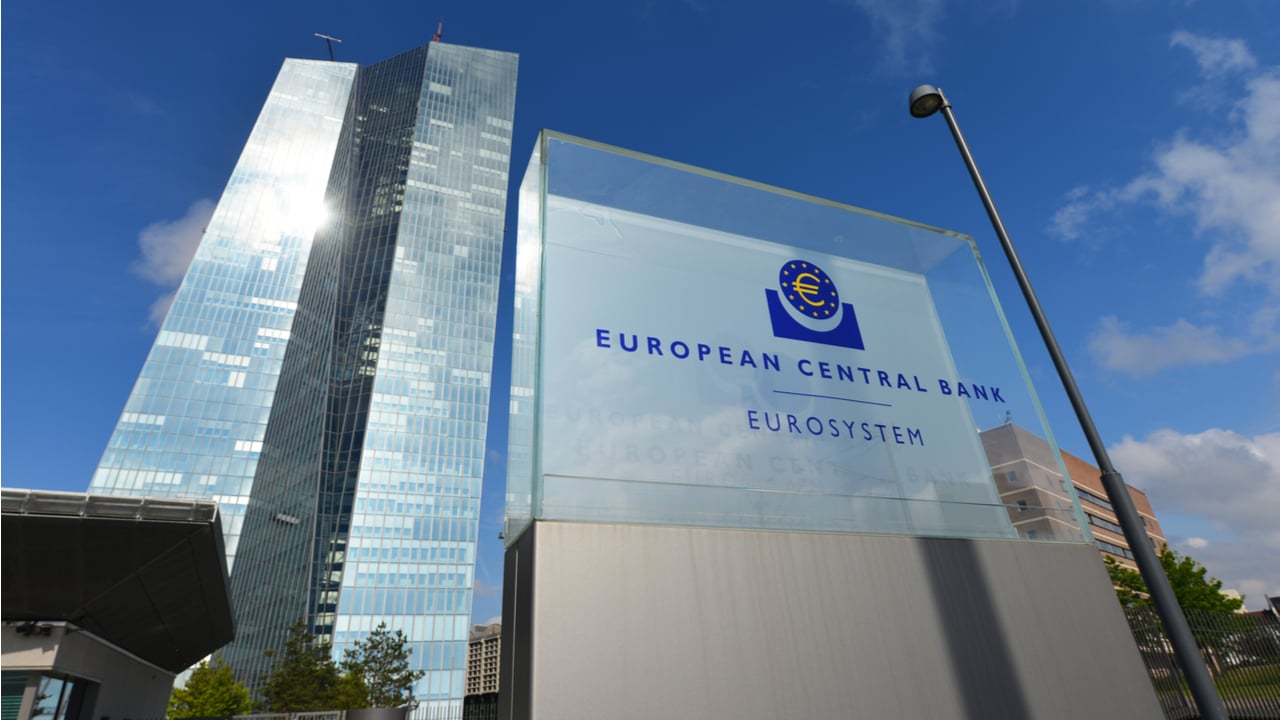Latest news about Bitcoin and all cryptocurrencies. Your daily crypto news habit.

The monetary authority of the euro area, the Eurosystem, has introduced a new framework for overseeing electronic payments, including services related to crypto assets. The new set of rules will complement upcoming EU regulations for cryptocurrencies and stablecoins.
ECB Aims for Secure and Efficient Digital Payments Through Improved Oversight
Following public consultations on the matter, the Governing Council of the European Central Bank (ECB) has approved a new oversight framework for electronic payments. The document has been published by the Eurosystem, which consists of the ECB and the national central banks of the EU member states that have adopted the common European currency, the euro.
According to an announcement by the ECB, the single framework replaces other regulations within the Eurosystem’s existing oversight regime for payment instruments and complements its oversight mechanisms for payment systems. The bank noted that the framework has been designed to “make the current and future payments ecosystem safer and more efficient” as part of efforts to promote smooth payments on the Old Continent.
The Eurosystem’s “oversight framework for electronic payment instruments, schemes and arrangements,” referred to as “Pisa,” will be employed to oversee entities enabling the use of payment cards, credit transfers, direct debits, e-money transfers, and electronic wallets. The framework will apply to services linked to crypto assets as well.
The latter category includes businesses facilitating the acceptance of cryptocurrencies by merchants through card payments as well as digital wallet providers allowing users to send, receive, or pay with crypto assets via their products. Fabio Panetta, member of the ECB Executive Board, revealed that the Pisa framework will also cover digital payment tokens such as stablecoins. He commented:
The retail payments ecosystem is evolving fast owing to innovation and technological change. This calls for a forward-looking approach in overseeing digital payment solutions.
The European Central Bank has urged for rapid advance in terms of global oversight in the field of digital payments. “Internationally coordinated action will also have to be stepped up to cope with the challenges posed by global digital payment solutions and stablecoins,” the bank’s high-ranking representative insisted.
Businesses Have to Comply With New Oversight Rules Within a Year
Companies currently overseen by the Eurosystem are expected to comply with the recently adopted requirements by Nov. 15, 2022. Other entities that are now becoming subject to oversight will have a grace period of one year after they are notified about their updated obligations. All traditional and crypto service providers will have to file self-assessments and maintain contact with the regulatory bodies.
The Eurosystem’s new oversight framework replaces a number of other documents issued previously by the ECB. The list includes the Harmonized oversight approach and standards for payment instruments (PI standards,) Electronic money system security objectives (Emsso), Oversight framework for card payment schemes, Oversight framework for credit transfer schemes, and the Oversight framework for direct debit schemes.
The Eurosystem intends to cooperate with other authorities on the implementation of Pisa. The framework has been adopted in advance of forthcoming regulations regarding the status of cryptocurrencies and related activities within the EU such as the Markets in Crypto-Assets (Mica) proposal. The move also comes as the ECB progresses towards issuing its own digital euro currency, after launching the project’s investigation phase earlier this year.
What’s your opinion about the adoption of the new oversight framework covering crypto services in the eurozone? Tell us in the comments section below.
Disclaimer
The views and opinions expressed in this article are solely those of the authors and do not reflect the views of Bitcoin Insider. Every investment and trading move involves risk - this is especially true for cryptocurrencies given their volatility. We strongly advise our readers to conduct their own research when making a decision.